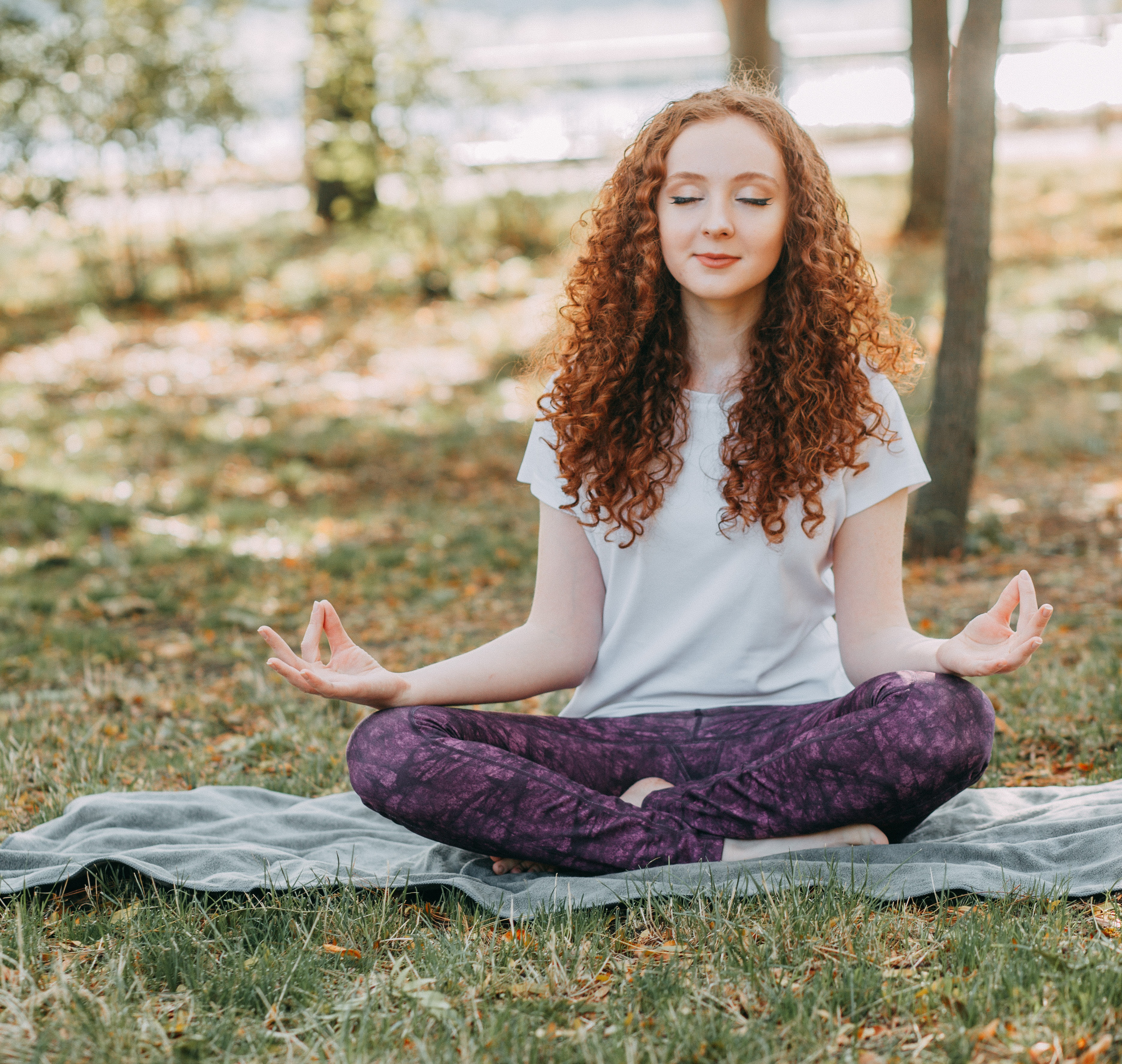Written by Phyllis O’Connor
Executive Director, Canadian Mental Health Association (Saskatchewan Division) Inc.

On April 13, 2021, I had the honour of participating in an online panel discussion hosted by SPRA and Municipalities of Saskatchewan around how recreation supports our mental wellness and how it can create a sense of belonging and community.
Recreation provides both physical and mental health benefits. Taking time to nurture oneself provides a sense of balance in our busy lives. The name alone suggests “re-creation” – an opportunity to slow things down, disconnect from the stressors of everyday life and refill our “mental gas tank.” It’s really all about balance. Recreation helps us find a way to balance the pressures of work, family and restore our physical and mental wellbeing. Research has shown that people who make recreation a priority often feel more satisfied with their lives overall.
It is also important to recognize that recreation can mean different things to different people. Often the focus is put on physical activity. In reality, recreation is anything we do to relax, have fun or for our own enjoyment. Recreation is for everyone and it doesn’t have to be expensive or involve a lot of physical exercise, which might be a barrier for some individuals. It just needs to be enjoyable.
At the Canadian Mental Health Association, recreation is a core part of our psychosocial rehabilitation programs. It can include physical exercise, but it can also include things like game nights, creative arts, music, gardening and the list goes on. Often these activities can evoke pleasant memories and peaceful feelings as well as building a sense of community with others who share in this programming, or with the community where the programming is located. These types of activities can help all of us learn to manage our stress by engaging in activities that relax both the mind and body.

When we talk about mental health and resilience, we often talk in terms of increasing protective factors and reducing risk factors. Balanced recreation can have a huge effect on increasing protective factors through:
- Building good self-esteem
- Creating a sense of belonging and a sense of connectedness (something sorely needed during the current pandemic)
- Opportunities for success and a positive environment that is safe, respectful and allows full engagement
- Access to supports to allow participation in the community
- Development of good social, coping and problem solving skills
- More energy, improved balance, strength and mobility to prevent risk of falls and reduce body pain.
A connection to nature and to the land can also have huge mental health impacts. Currently there is research going on to determine what the most soothing sounds for humans are. Interestingly, they are finding silence – the silence of nature (water sounds, the wind in the leaves, bird songs) have had the greatest positive impact. When we connect to nature we can regain a sense of peace and balance that is so often lost in our busy lives. The negative effect of a lack of connection to nature can be seen in the stress experienced by urban dwellers with little connection to green spaces and nature away from the bustle of big cities. The physical exercise from outdoor activities is great for our physical health and the connection with nature can bring us peace and restore balance.
Recreation gives us all the benefits of relief from anxiety and depression: improved mood, improved physical health, improved life balance and social connection, and these are actually protective factors against suicide. While severe cases of mental illness require more intensive interventions, recreation with all of its protective factors is an important part of psychosocial rehabilitation and can supplement other formal treatments to prevent suicide and build resilience in individuals.
In summary, a sense of belonging to a community and a sense of inclusion are important protective factors against mental ill health. It is critical when communities plan recreational activities that they be established in a way that promotes trust and safety. It is important to remove barriers to participation which may include stigma around mental illness and financial barriers to participation. We would encourage community recreation planners to include mental health groups such as CMHA and persons with lived experience of mental illness at the planning table in order to avoid unintended consequences. Persons with lived experience are the only true experts on what they need, what would be supportive for them and what would help them feel safe participating.
I sincerely thank SPRA and the Municipalities of Saskatchewan for their interest in recreation and its role in supporting mental wellness. As a province we have come a long way in recognizing the need for psychological health, but it is time to put this interest into action to support “Mental Health for All.”
The Canadian Mental Health Association (Saskatchewan Branch) receives funding from Sask Lotteries. For more information about the impact of the Sask Lotteries Trust Fund for Sport, Culture and Recreation visit sasklotteries.ca.



